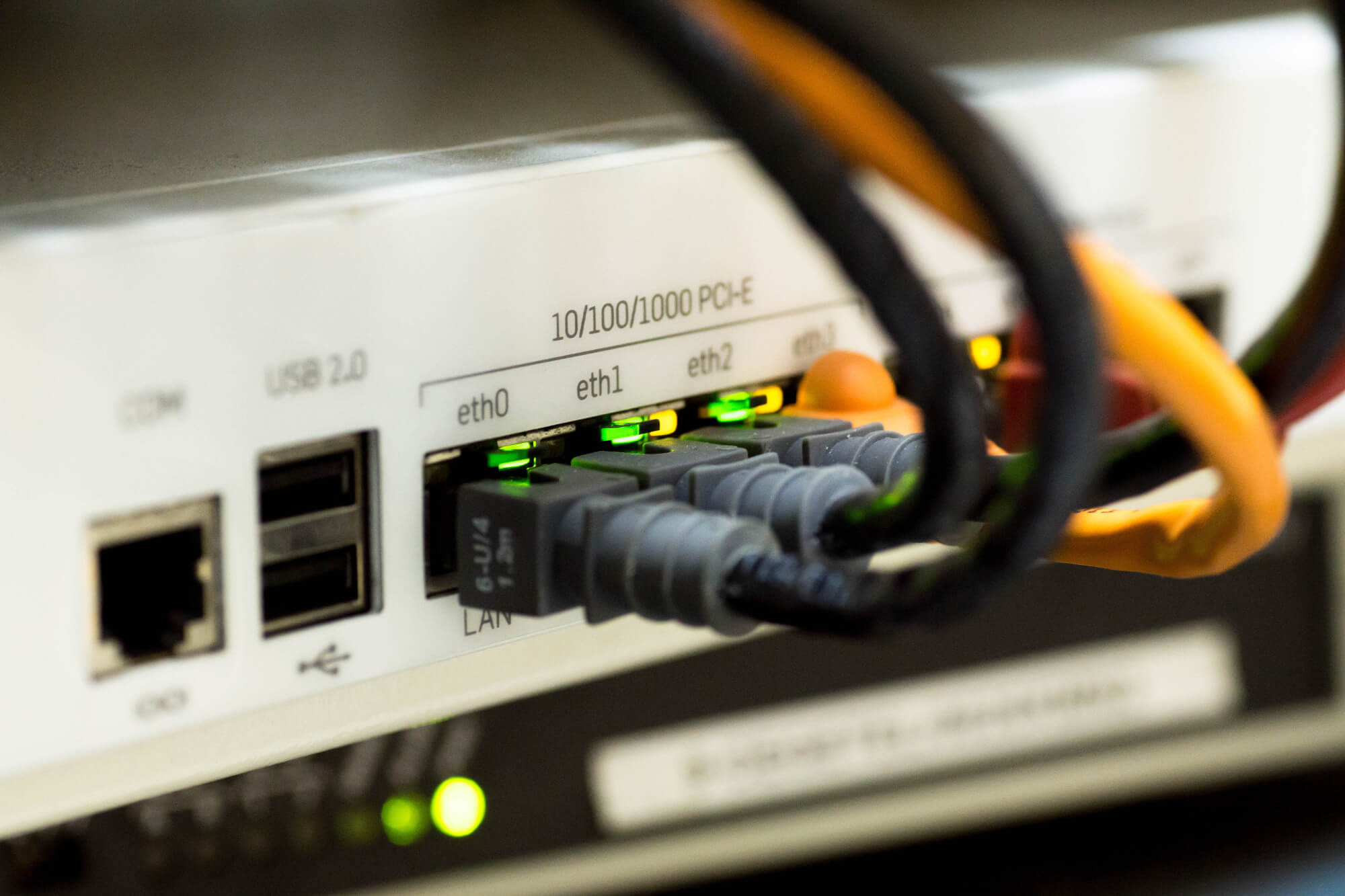What Changes in Net Neutrality Could Mean for Your SMB
April 19th, 2018 by admin
The FCC net neutrality 3–2 repeal vote of December 2017 could lead to major concerns for IT staff at small and medium businesses. As of February 2018, the FCC is continuing to move toward the net neutrality repeal, but actual business changes will take a while to go into practice. That delay means IT staff is left with more questions about what's going to happen rather than solid information on what will happen.
Understanding the Public Protests and FCC Defense
Opponents argue that the repeal allows services providers to create premium paid "fast lanes" that will give the paying customers a leg up on the competition when it comes to how quickly their content travels over the internet.
While big businesses can afford to pony up for fast lane service, SMBs will be less likely to afford the advantage.
Service providers say they just don't want to be treated like a utility akin to gas, electric and phone service providers. Additionally, service providers argue the "fast lane" concept would be a step-up deal and wouldn't mean slowing down speeds for non-paying businesses.

A lack of competition means that customers who are dissatisfied with fast lane practices can't simply take their business elsewhere. According to the FCC's 2016 Broadband Progress Report, "Only 38 percent of Americans have more than one choice of providers for fixed advanced telecommunications capability."
How Net Neutrality Changes Impact IT
As far as IT staff is concerned, net neutrality changes are related to internet performance. The rules could amplify existing concerns over how different services function and change some points of emphasis:
- Customer-facing website and online application performance will be more important than ever. Businesses that aren't paying for "fast lane" access will want to make sure their CDN is performing well and their platforms have efficient data footprints. Not paying for "fast lane" service could be considered a barrier to entry for new competitors.
- Company website SEO could take a hit because longer load times on their sites mean more people will abandon the page load. Load time doesn't play a role in search result rankings, but page abandonment does — and longer load times mean higher abandonment rates.
- Growing SMBs that move a lot of data across the internet could be crushed by larger businesses entering the same space and paying for an ISP speed advantage.
- IT staff will have to address unfair business complaints against service providers with the FTC rather than the FCC, which the Harvard Business Review argues is less equipped to protect consumers in those disputes.
- "Fast lane" cloud services may be more appealing for business use, which means IT staff may be tasked with migration to other platforms.
- Businesses may opt to change high-bandwidth services such as teleconferencing to competitors who are paying for "fast lane" performance, especially those who rely on those services to communicate with clients.
- Cloud-based backups could run at less optimal speeds compared with the full potential of the internet package speed, which could mean more time between backups.
- Location-to-location network traffic could run at less-than-optimal speed, which could turn into a problem down the line as the business moves increasing amounts of data.
The IT consulting experts at ATS can help your business adjust to changes in net neutrality rules as they take effect. Contact us today to learn more.

